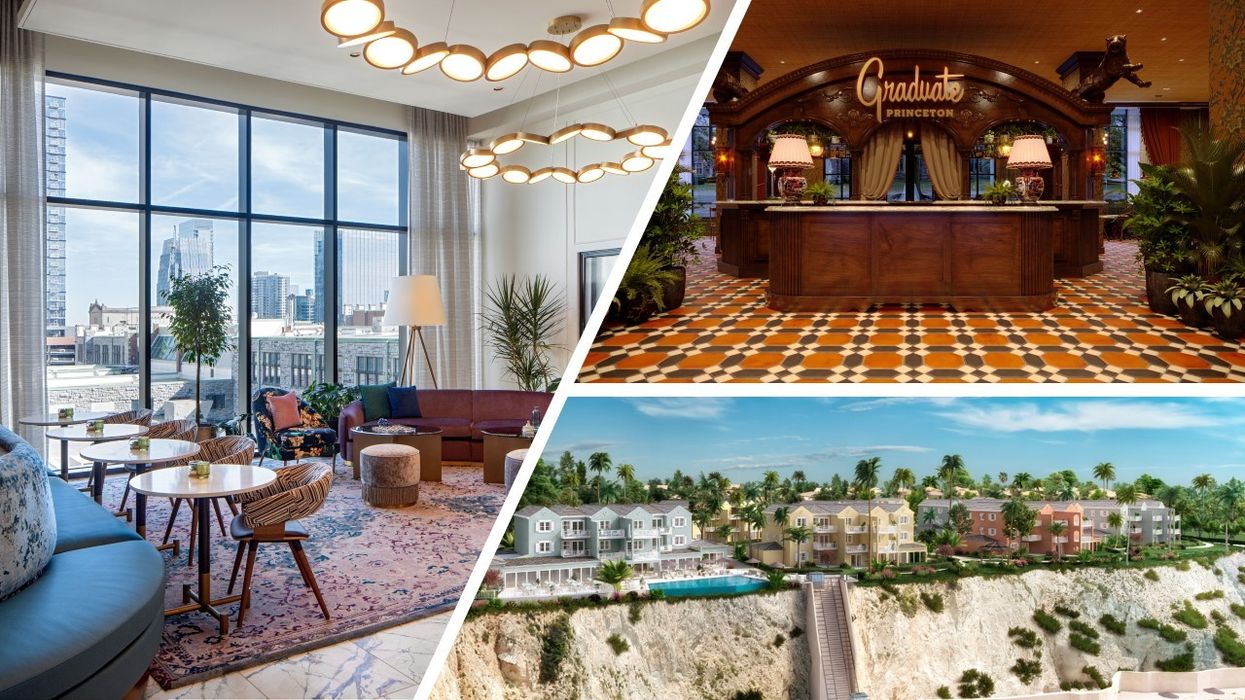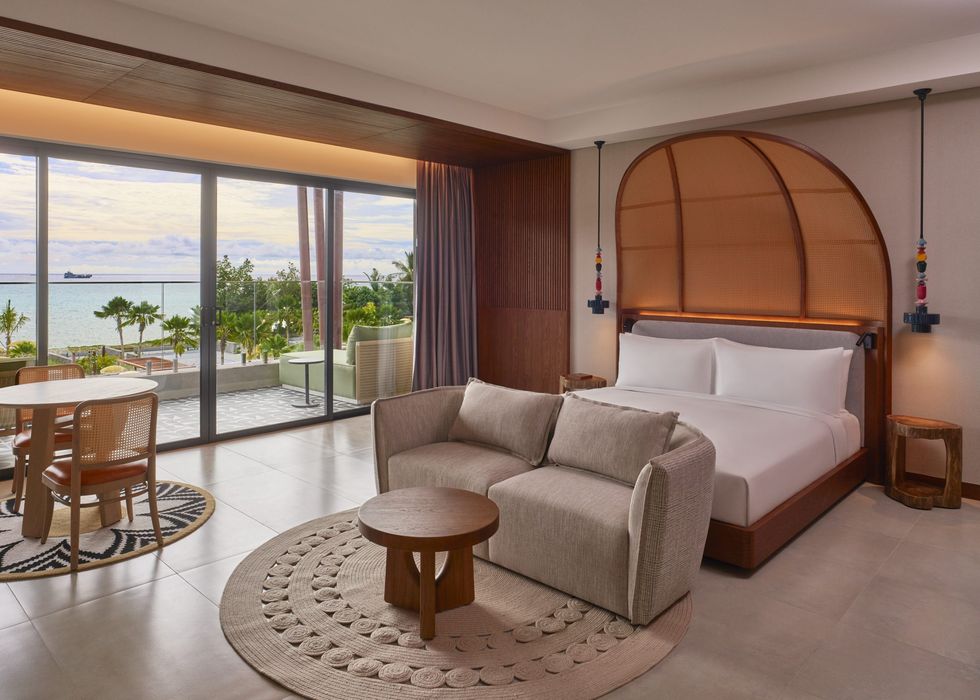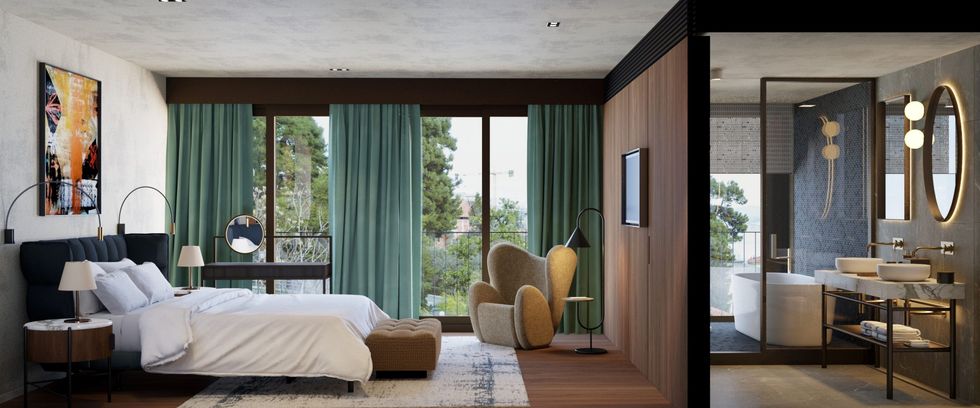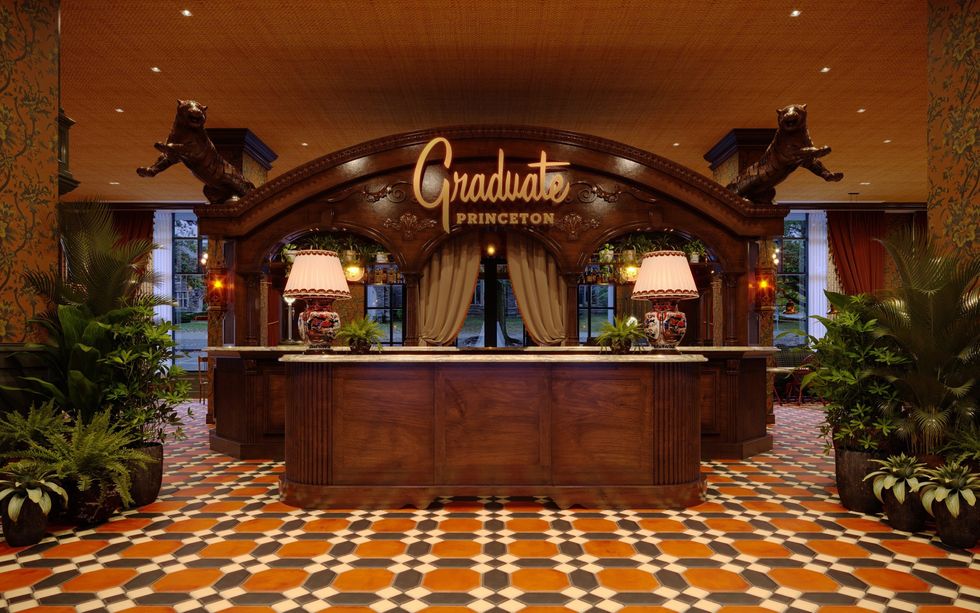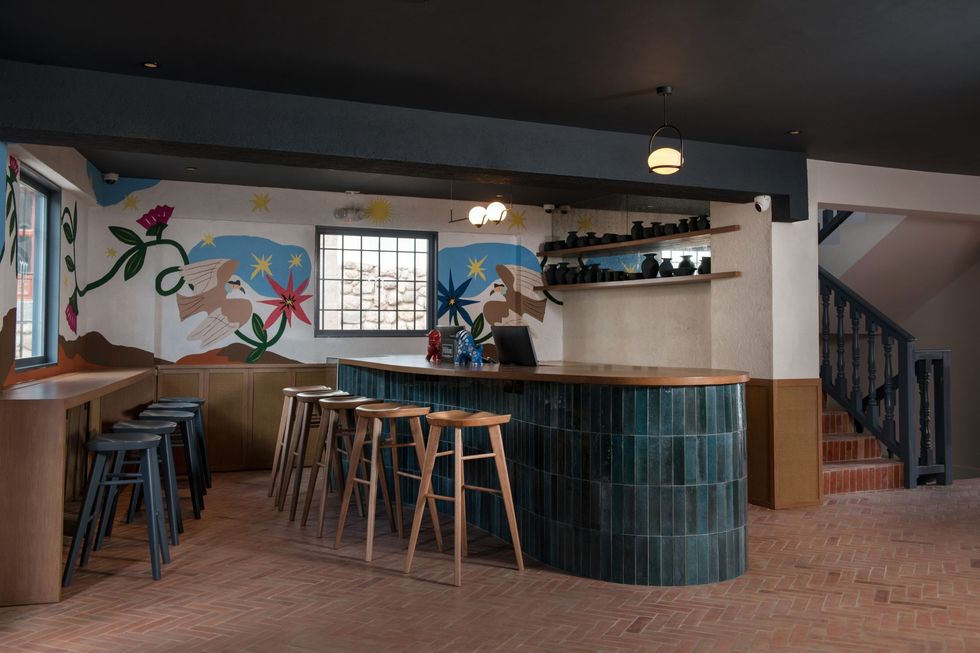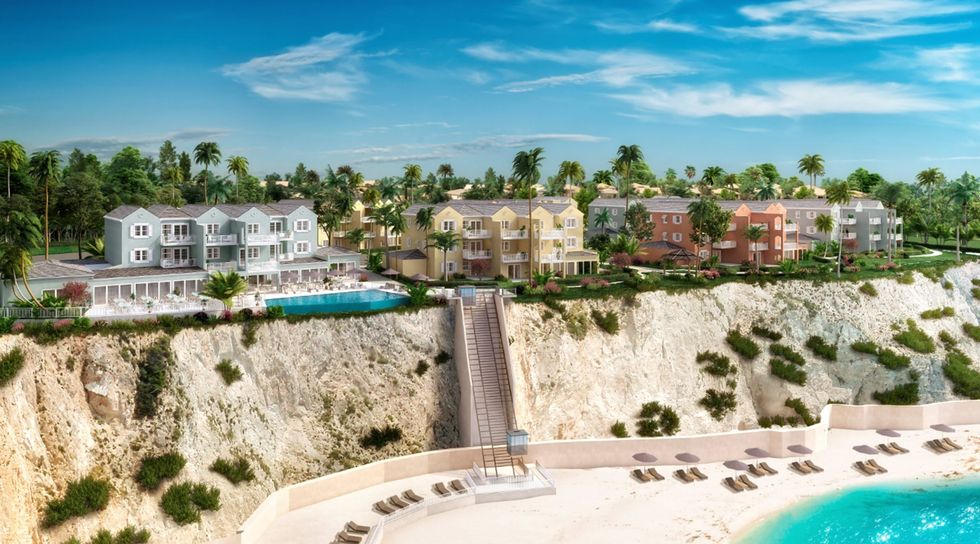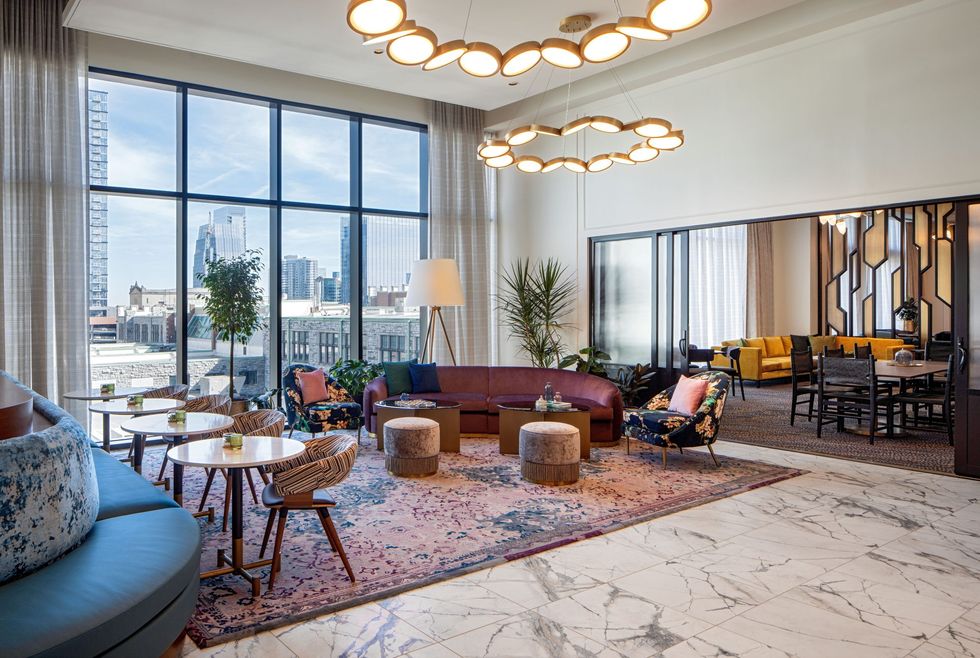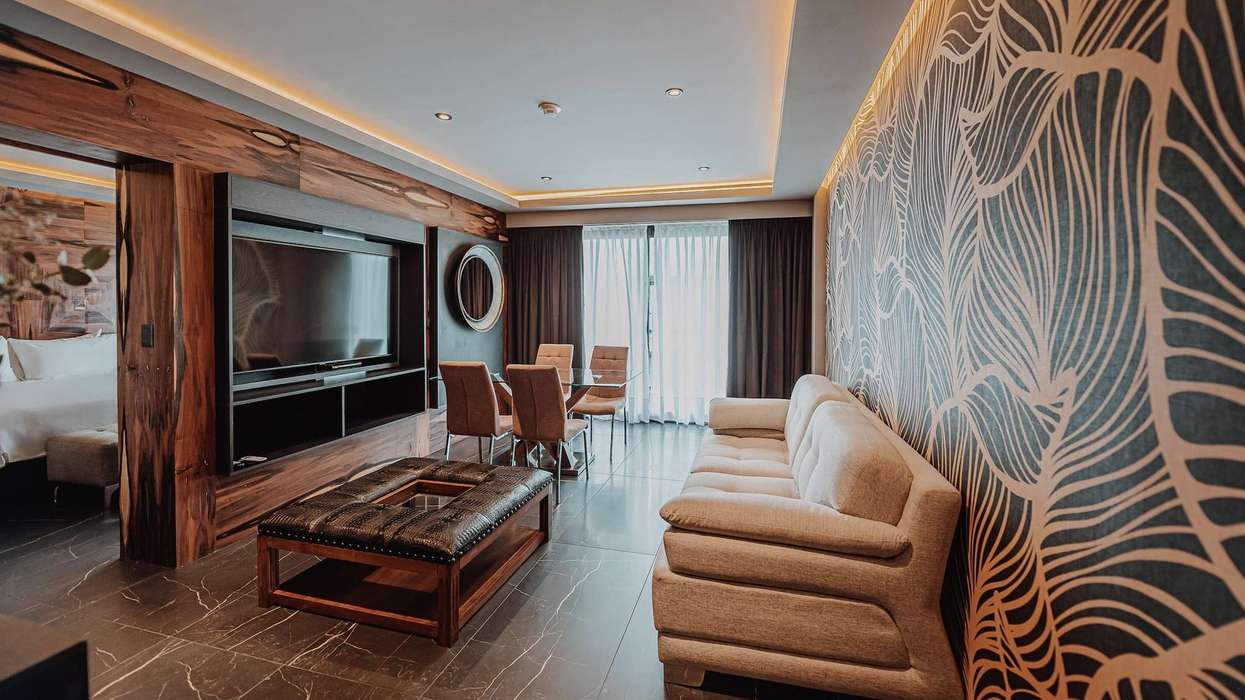HILTON WORDLWIDE HOLDINGS aims to double its 350 lifestyle hotels by 2028, planning to add 350 more within four years, including 100 this year. Also, the company appointed Kevin Osterhaus as president of global lifestyle brands to oversee the growth, design, and development of Canopy by Hilton, Curio Collection by Hilton, Graduate by Hilton, Motto by Hilton, Tapestry Collection by Hilton and Tempo by Hilton.
The growth will be supported by the addition of the Graduate and NoMad brands, Hilton said in a statement. The company added more than 50 new lifestyle hotels and approved another 100 in 2023. Additionally, this year will mark the debut of Hilton’s 400th property in this category.
“As we celebrate the 10th anniversary of Hilton’s entry into the lifestyle segment, we look ahead to even more rapid growth with a powerhouse lineup of brands that will meet the needs of developers and guests alike in some of the world’s most desirable locations,” said Kevin Jacobs, Hilton’s chief financial officer and president, global development. “The recent addition of the Graduate and NoMad brands to our lifestyle and luxury lifestyle portfolio will accelerate our growth as we look for more opportunities to deliver the exceptional experiences guests want in the world’s top hotel destinations.”
Andrew Zobler, founder and CEO of Sydell Group, will lead the NoMad brand, overseeing design, branding, and hotel management, while Hilton leads future development, Hilton said. Over the past decade, Zobler and his team have created seven lifestyle brands, including NoMad, The Line, Freehand and The Ned.
NoMad’s flagship London hotel and more than 30 existing Graduate locations will be available on Hilton’s booking channels later this summer, the statement said. New Graduate hotels will also open this year in Princeton, New Jersey, and Auburn, Alabama.
Osterhaus to lead Hilton's lifestyle brands

Osterhaus recently joined Hilton from Graduate Hotels, where he oversaw global operations and marketing for more than 30 U.S. properties, the statement said. He also held leadership roles at Ennismore International, The Hoxton Hotels, SIXTY Hotels, and Standard International, and played key role in the Bunkhouse Group’s growth.
“We are excited to welcome Kevin and benefit from his extensive experience in the increasingly important lifestyle category,” said Chris Silcock, Hilton’s president, global brands and commercial services, Hilton. “Kevin will oversee the seamless integration of the Graduate brand into our lifestyle portfolio to ensure we maintain and accelerate what has made Graduate a fan-favorite with guests, as well as lead the strategic vision for all of Hilton’s lifestyle brands.”
“Hilton’s lifestyle brands are aspirational, design-led and experiential with authentic points of view reflected in every aspect of the stay,” said Osterhaus. “I look forward to building on the category’s success and continuing Hilton’s commitment to pushing the boundaries of what it means to be a lifestyle brand.”
Lifestyle portfolio expansion
Canopy by Hilton
Recently opened its first resort property in Seychelles, with more resorts planned in Okinawa, Japan; Bozeman, Montana; and beyond. Celebrating its 10th anniversary, the brand signed six new hotels in the first quarter, expanding into Greece and Malta, and will debut in Japan this year.
Curio Collection by Hilton
Graduate by Hilton
Has more than 35 properties operational or in development, with Graduate Princeton and Graduate Auburn set to open this year. The brand aims for a global reach of 400-500 hotels.
Motto by Hilton
Made its South American debut with Motto by Hilton Cusco in Peru. The brand aims to be present in 10 countries by 2026. Motto by Hilton Hong Kong Soho will launch later this year, with expansion into Bentonville, Arkansas, slated for 2024.
Tapestry Collection by Hilton
After celebrating its 100th opening in 2023, the brand is on track to reach its 150th this year. With more than 100 properties in the pipeline, Tapestry is expanding in Europe and entering new markets in Thailand, Paraguay, and Turkey. Bermudiana Beach Resort will open later this year as the first Hilton in Bermuda.
Tempo by Hilton
Expanding with recent and upcoming openings in New York’s Times Square, Nashville, Louisville, and Raleigh, aiming for around 30 hotels by 2026.
Hilton recently reported a $268 million net income in the first quarter of 2024, with system-wide comparable RevPAR up 2 percent from the corresponding quarter in 2023. The company's fee-based model and robust development efforts fueled performance, showing strong progress in signings, starts, and openings, indicating a solid pipeline.
